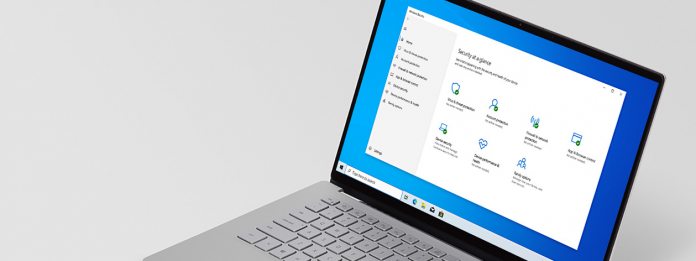Microsoft Defender is on a rollercoaster. Over recent months there have been tests that show the malware/antivirus service is doing great, others where it is just solid, and others where it is doing terribly. It is time for the latter this week as AV-Comparatives has released its latest report, and it does not make for good reading if you use Microsoft Defender.
The performance/quality of Microsoft Defender has been a mixed bag over recent tests. AV-TEST ranked the suite as one of the best antivirus options for home users in February, but later tests by AV-Comparatives found no improvement, while TechPowerUp (TPU) recently found Defender is hogging resources on Intel machines.
In July, AV-TEST found that Defender excels at preventing ransomware attacks.
AV-Comparatives conducts tests on the real-world capabilities of anti-malware tools. Defender has previously not done well against rivals and this time it is even worse. The test looks at how anti-virus software functions in an online test where it is interacting with the web.

Results
Microsoft Defender had a 99% block rate, which is the same as the previous testing phase in April. Compromises that are user-dependent were 0%, again the same as last time. This means the actual rate of compromise is 1%.
Defender struggles more when it comes to flagging false positives. While previous tests showed the app was flagging 0 false positives, this time the number has jumped to two. At the same time, major rivals AVG, Avast, and Avira have led the market by flagging 0 false positives.
This is slightly embarrassing for Microsoft. In March, the Defender flagged Microsoft’s own Office as malware, shortly after doing the same to Google Chrome. That led the company to release guidance on how to minimize these false flags.
Tip of the day: Windows now has a package manager similar to Linux called “Winget”. In our tutorial, we show you how to install and use this new tool that allows the quick installation of apps via PowerShell or a GUI.





